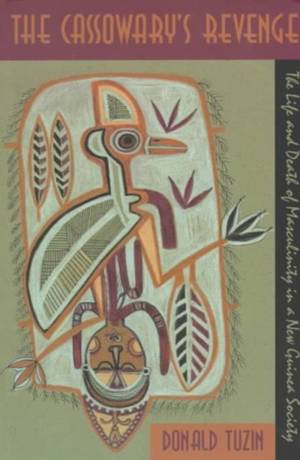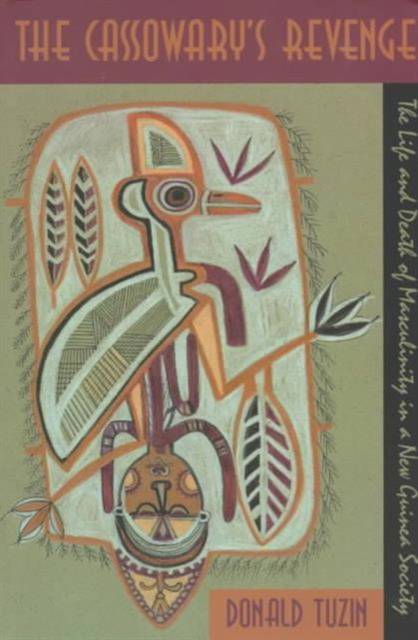
- Retrait gratuit dans votre magasin Club
- 7.000.000 titres dans notre catalogue
- Payer en toute sécurité
- Toujours un magasin près de chez vous
- Retrait gratuit dans votre magasin Club
- 7.000.0000 titres dans notre catalogue
- Payer en toute sécurité
- Toujours un magasin près de chez vous
62,95 €
+ 125 points
Description
Donald Tuzin first studied the New Guinea village of Ilahita in 1972. When he returned many years later, he arrived in the aftermath of a startling event: the village's men voluntarily destroyed their secret cult that had allowed them to dominate women for generations. The cult's collapse indicated nothing less than the death of masculinity, and Tuzin examines the labyrinth of motives behind this improbable, self-devastating act. The villagers' mythic tradition provided a basis for this revenge of Woman upon the dominion of Man, and, remarkably, Tuzin himself became a principal figure in its narratives. The return of the magic-bearing "youngest brother" from America had been prophesied, and the villagers believed that Tuzin's return "from the dead" signified a further need to destroy masculine traditions. The Cassowary's Revenge is an intimate account of how Ilahita's men and women think, emote, dream, and explain themselves. Tuzin also explores how the death of masculinity in a remote society raises disturbing implications for gender relations in our own society. In this light Tuzin's book is about men and women in search of how to value one another, and in today's world there is no theme more universal or timely.
Spécifications
Parties prenantes
- Auteur(s) :
- Editeur:
Contenu
- Nombre de pages :
- 270
- Langue:
- Anglais
- Collection :
Caractéristiques
- EAN:
- 9780226819518
- Date de parution :
- 02-09-97
- Format:
- Livre broché
- Format numérique:
- Trade paperback (VS)
- Dimensions :
- 154 mm x 229 mm
- Poids :
- 458 g

Les avis
Nous publions uniquement les avis qui respectent les conditions requises. Consultez nos conditions pour les avis.






